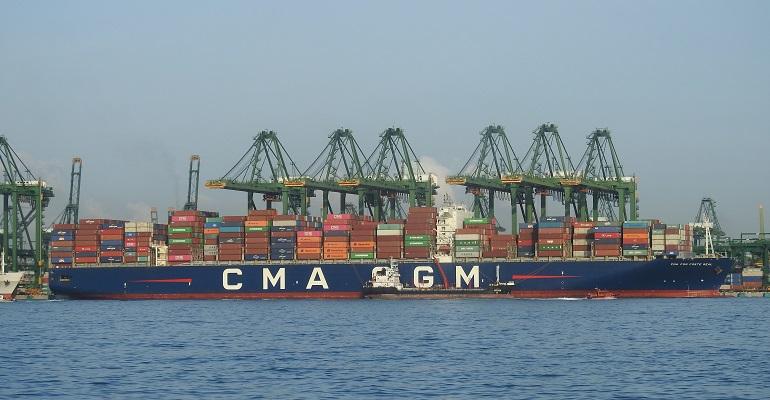Data from Ocean Insights showed that between a third and fifth of cargo was rolled over at most leading container transhipment hubs as capacity and equipment shortages started to bite.
Ocean Insights calculated roll overs at the world’s largest transhipment hub Singapore at 30.2% last month, down from 33.3% in August, but still considerably higher than 19.2% in September 2019.
Ningbo-Zhoushan saw 30.1% of cargo rolled over in September, compared to 43% in August, and Dubai’s Jebel Ali saw 31.8% of cargo rolled over in September, compared to 34.9% in August. For Tanjung Pelepas in Malaysia some 22.7% of box traffic received last month was rolled over compared to 29.2% in August, and just 13.8% in September 2019.
While improvement has been seen between August and September Ocean Insights expects a high level of rollovers to continue in the fourth quarter of 2020.
“Container lines were taken by surprise by the surge in demand for shipments as coronavirus lockdowns were eased during the summer,” said Josh Brazil, chief operations officer of Ocean insights.
“Schedules are clearly still suffering significant disruption and, in many ports, this is being exacerbated by equipment shortages which are adding to rate inflation and logistics bottlenecks and inefficiencies.
“As a result, carriers are frequently rolling cargo, which can result in significant delays and knock-on costs for customers, especially if they are not notified by the line in advance, which customers tell us is quite common.”
Copyright © 2024. All rights reserved. Seatrade, a trading name of Informa Markets (UK) Limited.
Add Seatrade Maritime News to your Google News feed.  |

